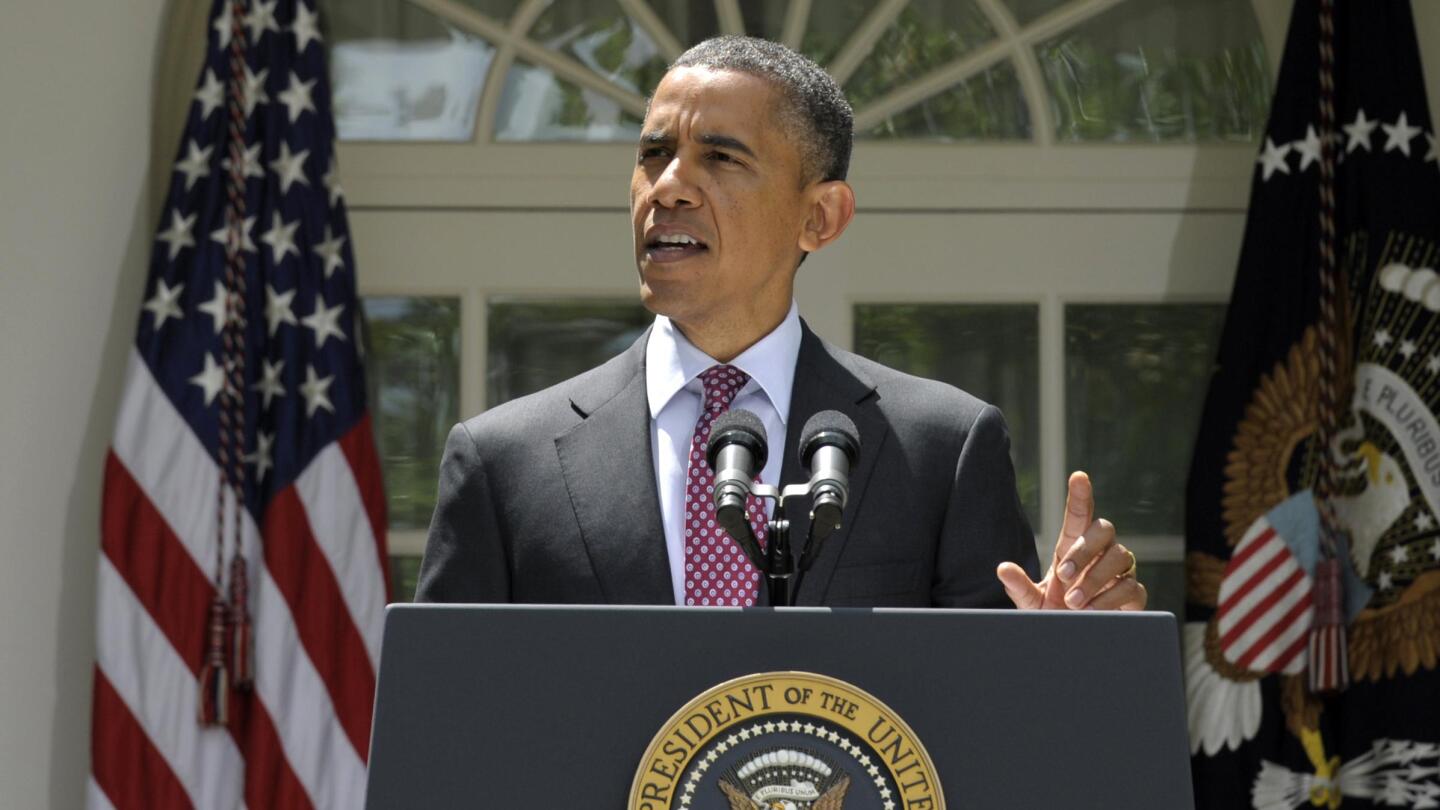A
Washington Post analysis summarized the film's allegations as a leap of faith - "we're just asked to trust that True the Vote found what it says it found." True The Vote and D'Souza have disputed those fact-checks.
NPR's reporting has raised additional questions about True the Vote and the film's trustworthiness. Dinesh D'Souza did not respond to NPR's requests for comment.
In the film, Phillips also cites ACLED, which is a nonprofit research organization.
"There's an organization that tracks the device IDs across all violent protests around the world. We took a look at our 242 mules in Atlanta and, sure enough, dozens and dozens and dozens of our mules show up on the ACLED databases," Phillips says in the film. "This is not grandma out walking her dog, these are, you know, violent criminals sometimes."
ACLED told NPR both claims are categorically false.
"This is not the type of analysis you can use ACLED data for, and it is highly unlikely that these conclusions have any basis in fact," said Sam Jones, senior communications manager at ACLED.
"This is not what we do - we do not track device IDs," Roudabeh Kishi, the director of research and innovation at ACLED, told NPR in an interview.
